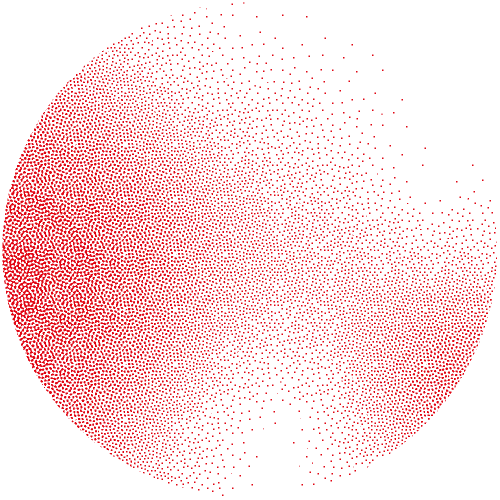ATGCCGGAATTGGCACATAACAAGTACTGCCTCGGTCCTTAAGCTGTATTGCACCATATGACGGATGCCGGAATTGGCACATAACAAGTAC
TGCCTCGGTCCTTAAGCTGTATTGCACCATATGACGGATGCCGGAATTGGCACATAACAACGGTCCTTAAGCTGTATTGCACCATATGACG
GATGCCGGAATTGGCACATAACAAGTACTGCCTCGGTCCTTAAGCTGTATTTCGGTCCTTAAGCTGTATTCCTTAACAACGGTCCTTAAGG
ATGCCGGAATTGGCACATAACAAGTACTGCCTCGGTCCTTAAGCTGTATTGCACCATATGACGGATGCCGGAATTGGCACATAACAAGTAC
TGCCTCGGTCCTTAAGCTGTATTGCACCATATGACGGATGCCGGAATTGGCACATAACAACGGTCCTTAAGCTGTATTGCACCATATGACG
GATGCCGGAATTGGCACATAACAAGTACTGCCTCGGTCCTTAAGCTGTATTTCGGTCCTTAAGCTGTATTCCTTAACAACGGTCCTTAAGG


Introduction to Statistics and Data Visualisation with R



09 January 2017

09 January 2017




For-profit: 0 CHF

Next course(s):
| 22 - 25 Jan 2019 |

|
Zurich |
| 20 - 23 Jan 2020 |

|
Lausanne |
| 08 - 11 Feb 2021 |

|
Streamed |
| 07 - 10 Feb 2022 |

|
Streamed |
| 06 - 09 Feb 2023 |

|
Lausanne |
| 26 - 29 Jan 2026 |

|
Lausanne |
Overview
This course is designed to provide researchers in biomedical sciences with experience in the application of basic statistical analysis techniques to a variety of biological problems.
The course will combine lectures on statistics and practical exercises. The participants will learn how to work with the widely used "R" language and environment for statistical computing and graphics.
Topics covered during the course include: reminders about numerical and graphical summaries, and hypothesis testing; multiple testing, linear models, correlation and regression, dimensionality reduction such as principal component analysis, heatmaps and the basis of clustering algorithms. Participants will also have the opportunity to ask questions about the analysis of their own data.
Audience
This typical profile is a biologist needing to perform statistical analyses using R.
Learning objectives
After this course, the participants should be able to:
- choose the right method to summarize a dataset, graphically and numerically
- perform basic hypothesis tests on a datatest
- assess whether different variables are linked, using correlation and regression analysis
- use the R statistical package to run statistical analyses and interpret their outcome
- use dimensionality reduction to overcome problems of big data
- perform clustering on datasets
- visualise complex data using heatmaps.
Prerequisites
Technical: Knowledge / competencies:- No prior statistical knowledge is required in order to attend the course. However, this course will be most useful for participants who have already followed a statistics course in the past (even if they don't remember much of it).
- We strongly recommend that participants get familiar with the R statistical analysis package prior attending the course.
Application
The registration fees for academics are 200 CHF. This includes course content material, coffee breaks and a social dinner. Participants from non-academic institutions should contact us before application.
Upon reception of the confirmation email, participants will be asked to confirm attendance by paying the fees within 5 days.
Deadline for registration and free-of-charge cancellation is set to January 8. Cancellation after this date will not be reimbursed. Please note that participation to SIB courses is subject to this and other general conditions.
Location
University of Lausanne
Additional information
The course will be taught by Alix Zollinger and Frédéric Schütz.
Coordination: SIB Training group.
You are welcome to register to the SIB courses mailing-list to be informed of all future courses and workshops, as well as all important deadlines using the form here.